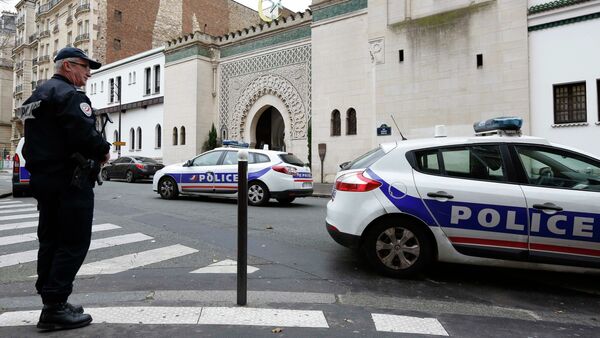French officials stated that the increased alert state would continue “as long as needed” which could in theory be for months. The current state of alert has already been running for two months, and doubts are starting to rise over its necessity, as such a prolonged alert is unprecedented.
France has been on the highest possible "Attack Alert" level of terrorism since January 7, after 17 people were killed in attacks at the Charlie Hebdo magazine HQ and the Hyper Casher supermarket. Some 10,500 soldiers reinforced the police in providing security of 830 "sensitive" sites such as subway stations, governmental and religious fascilities.
"People are exhausted and their mood is low," the Alliance Paris trade union secretary Loïc Lecouplier told press, adding that police troops have been working without vacation. "If it continues like this, we’ll see the volume of sick leave growing,” he added.
"When you guard the door for hours, your attention and vigilance go down and you finally slip into a routine," said the official, casting doubt on the necessity of such long periods of high alert.
Given that the troops have seen next to no action since the alert started, raises even more questions surrounding the validity of the alert.
A further problem is that a long-term alert becomes extremely expensive to maintain. According to French Finance Minister Michel Sapin, the measures implemented since January's terrorist acts have cost the government around €940 million, which has left a significant dent in the national budget.


